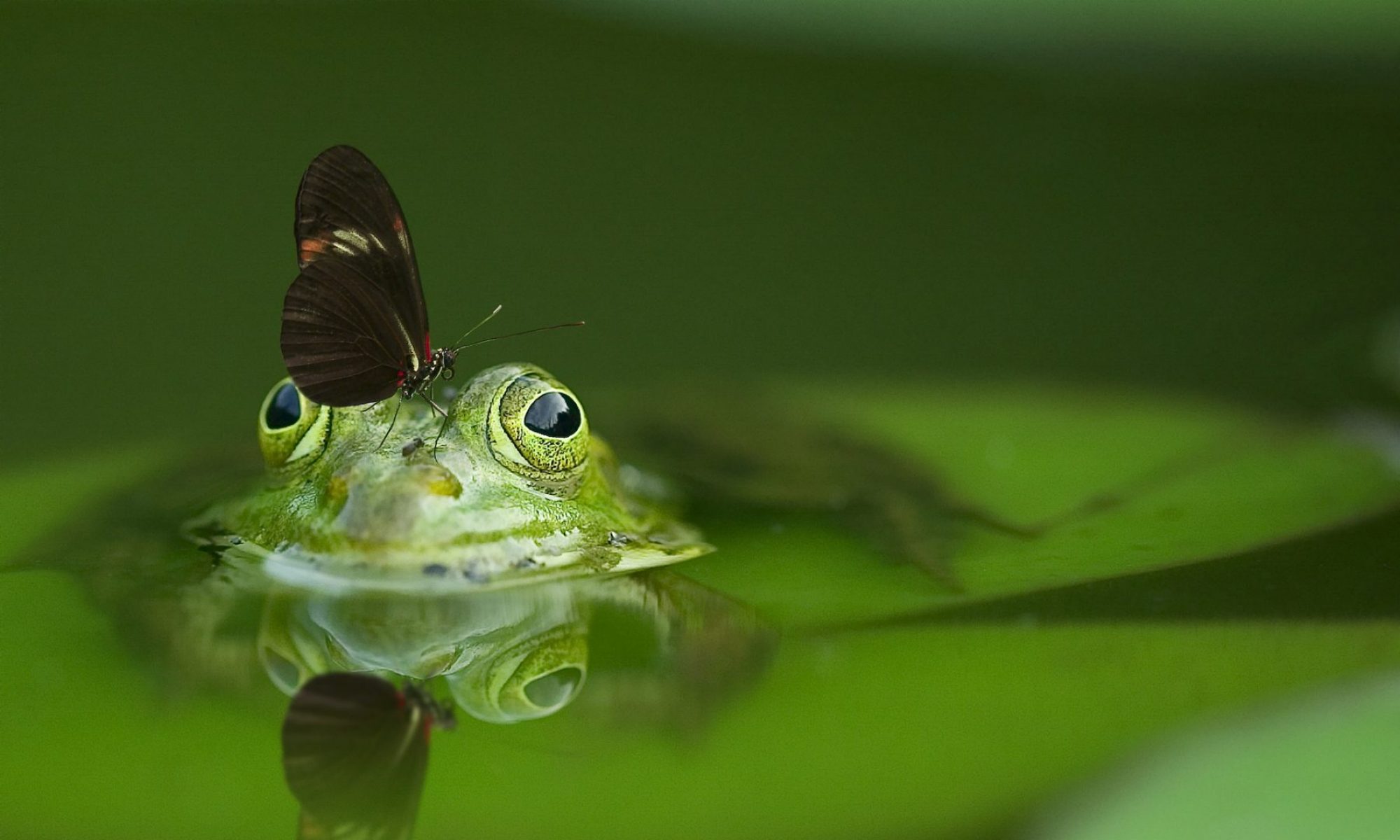Un reportage sur le début de notre collaboration avec les médecins pour mieux évaluer, et si possible diminuer, la pollution des eaux par les médicaments.
Tous perturbés?
La semaine dernière, une étude menée conjointement par la RTS et le magazine Bon à Savoir, montrait que les enfants romands étaient largement contaminés par des perturbateurs endocriniens.
Cette étude est un coup de sonde. L’urine de 33 petits et jeunes romands a été analysée pour y chercher différents composés dont le bisphénol A ou les phtalates.
Sans surprise, tous les enfants avaient des taux plus ou moins élevés de perturbateurs endocriniens dans leur urine. Et nul doute qu’il en irait de même si on analysait notre propre urine.
En lire plus sur: https://blogs.letemps.ch/nathalie-chevre/
La curiosité des grenouilles
Les amphibiens, comme les grenouilles, ont une peau très perméable qui les rend sensibles aux polluants. D’autre part, de par leur mode de vie, ils sont exposés dans l’eau pendant la phase larvaire, puis par l’air et le sol pendant la phase adulte.
Pour que les populations de grenouilles puissent se développer, les individus doivent être capables de se disperser sur le territoire, afin d’aller chercher de la nourriture, de se reproduire et de pondre. Mais le but le plus important de cette dispersion est, selon les écologues, d’augmenter le flux de gènes. C’est-à-dire d’éviter la consanguinité et d’augmenter la diversité génétique, afin d’augmenter la capacité de réponse aux stress environnementaux (prédation, changements climatiques, perte de l’habitat, pollution). Enfin, cette dispersion permet aussi de coloniser de nouveaux milieux.
Cette capacité de dispersion est donc un paramètre très important pour la survie des espèces.
Cette curiosité peut se tester en laboratoire.
A lire sur: https://blogs.letemps.ch/nathalie-chevre/
Ambassadrice pour la SCS
Nathalie Chèvre a été nommée ambassadrice de la Swiss Cetacean Society.
Master topics 2020/22
Input of suspended solids in the Vidy Bay and consequences for the sediment quality.
In this master project, we aim in modelling the suspended solids transport from the inputs (river, stormwater overflow, waste water treatment plant) to the Bay. In particular, we would like to evaluate if we can predict the repartition of the metals in the Bay.
In collaboration with Damien Bouffard, eawag.
**********
Development of a non invasive method for measuring biochemical biomarker on amphibians.
In this master project, we aim at developing non-invasive methods for measuring molecular biomarkers in amphibians’ saliva and/or epidermal mucus. Developing such methods would be of greatest importance for environmental biomonitoring and is highly consistent with the « Refinement » part of the principles of the 3R’s (Russel et al., 1959).
Co-supervised by Laurent Boualit, PhD, FGSE.
**********
Hydrology and pollution of ponds fed by groundwater.
In this master project, we aim in investigating the hydrology of ponds called “Les Bons” that are situated close to Lavigny (VD) and Mollens (VD), and that have a specific hydrology as they are fed by grounwater. The goal is to survey both the water level and the pollution, mainly pesticides, to evaluate the risk for the ecosystem.
Co-supervised by Dr Marc-Henri Derron, Lecturer, FGSE.
**********
Soil ecotoxicology of agricultural fields of Unil.
In this master project, we aim in evaluating the soil ecotoxicity of two parcels of the domain of Unil. Soil analyses (granulometry, organic matter, pesticides, heavy metals) will be performed. The pesticides and heavy metals analyses will allow soil risk assessment. In parallel, ecotoxicity tests will be done for comparison.
in collaboration with Dr Stéphanie Grand, Lecturer, FGSE.
